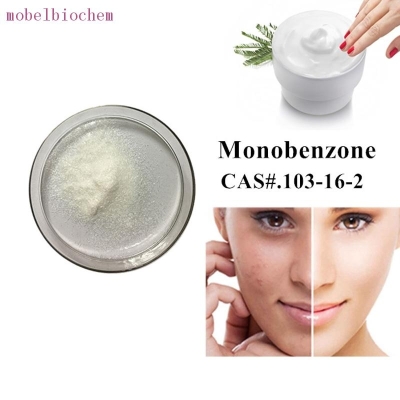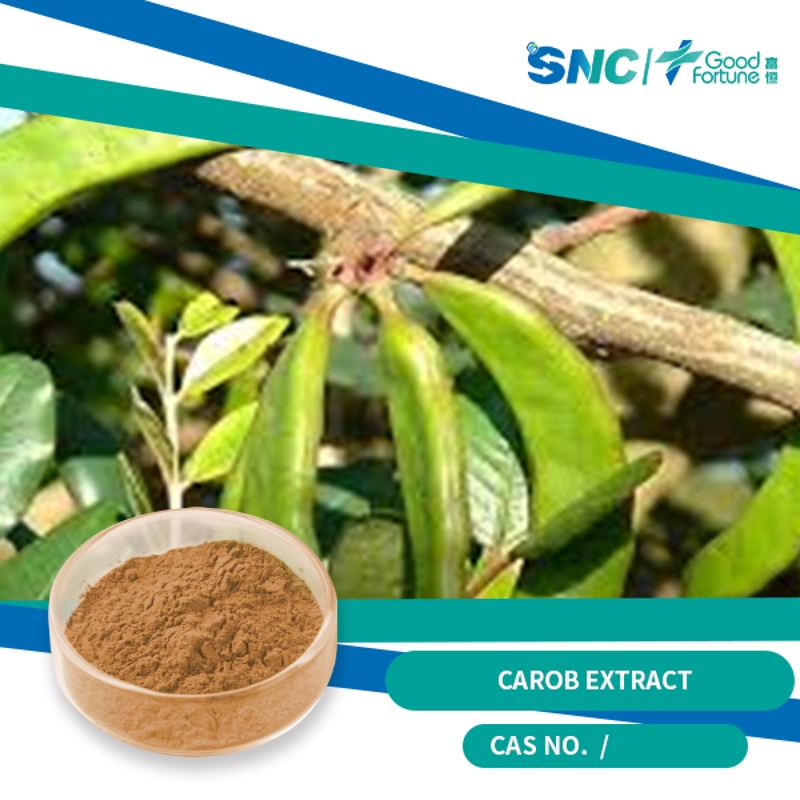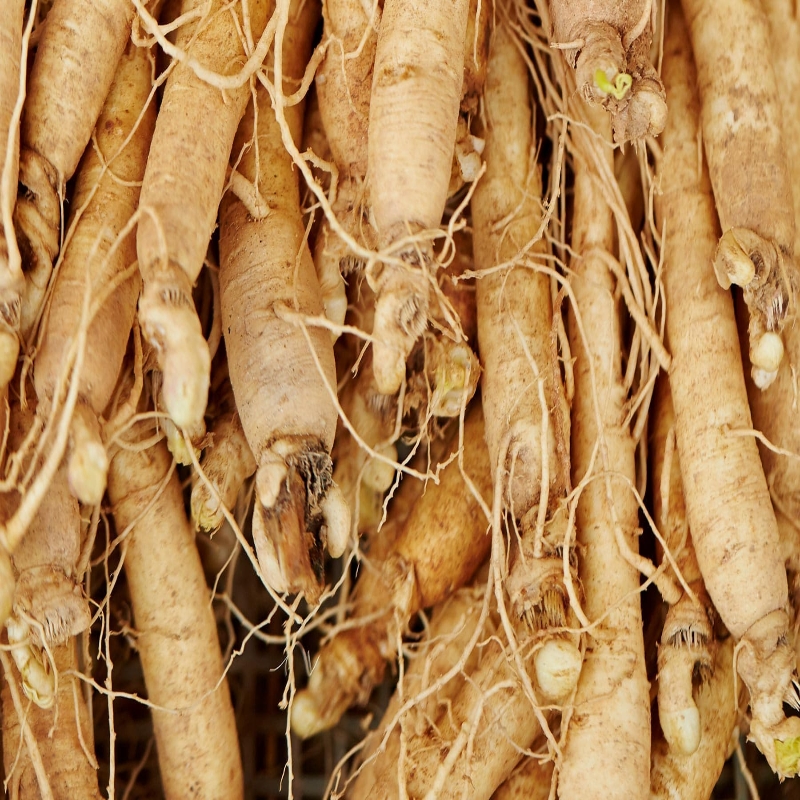EU assessment of rosemary extract exposure as a food additive
-
Last Update: 2018-08-08
-
Source: Internet
-
Author: User
Search more information of high quality chemicals, good prices and reliable suppliers, visit
www.echemi.com
According to the European Food Safety Agency (EFSA), the European Union recently evaluated the exposure of rosemary extract as a food additive The European Union expert group on food additives and nutrition sources (ANS) believes that when rosemary extract is used as a food additive, the maximum daily average accurate exposure of children aged 3-9 years is 0.09 mg / kg body weight, and the 95th percentile of rosemary extract exposure is 0.20 μ g / kg body weight, which is not a safety risk Some of the original reports are as follows: the EFSA panel on food additions and nutritional sources added to food (ANS) provides a scientific opinion on the refined exposure assessment of extracts of rosemary (e 392) when used as a food addition Extracts of rosemary (e 392) was evaluated by the AFC panel in 2008 Following this EFSA evaluation, extracts of rosemary(E 392)was authorised for use as a food additive in the EU in several food categories with maximum levels In 2015, the ANS Panel provided a scientific opinion on the safety of the proposed extensions of use for extracts of rosemary(E 392)in fat‐based spreads In 2016, the Joint FAO/WHO Expert Committee on Food Additives(JECFA)has evaluated this food additive and established a temporary acceptable daily intake(ADI)of 0-0.3 mg/kg body weight(bw)for rosemary extract, expressed as carnosic acid plus carnosol based on the data provided by food industry, the Panel was able to refine the exposure estimates of extracts of rosemary(E 392)。 The highest mean refined exposure estimate(non‐brand loyal scenario)was 0.09 mg/kg bw per day in children(3-9 years)and the highest 95th percentile of exposure was 0.20 mg/kg bw per day in children Taking uncertainties into account, the Panel concluded that these exposure estimates very likely overestimate the real exposure to extracts of rosemary(E 392)from its use as a food additive according to Annex II Margins of safety were estimated for children and adults using the refined exposure estimate; these are higher than the ones calculated in 2015 Intake of carnosic acid and carnosol from natural diet(herbs)was estimated It was maximally 1.66 mg/kg bw per day(p95)。
This article is an English version of an article which is originally in the Chinese language on echemi.com and is provided for information purposes only.
This website makes no representation or warranty of any kind, either expressed or implied, as to the accuracy, completeness ownership or reliability of
the article or any translations thereof. If you have any concerns or complaints relating to the article, please send an email, providing a detailed
description of the concern or complaint, to
service@echemi.com. A staff member will contact you within 5 working days. Once verified, infringing content
will be removed immediately.







